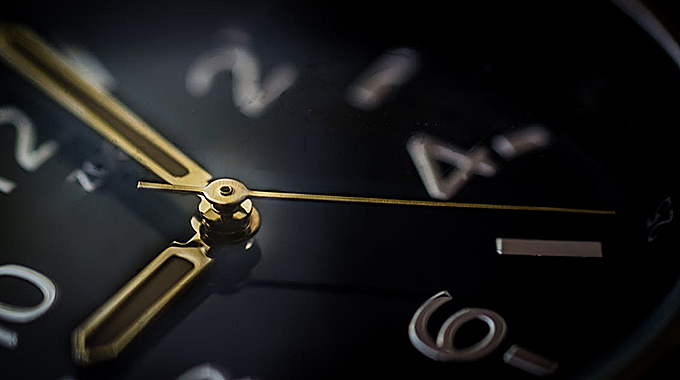Reading books that others have read
Christopher Farai Charamba The Reader
A few years ago when this reader immersed himself in online content, blogs and vlogs alike, he stumbled upon a series of posts on the website “The Art of Manliness dubbed The Libraries of Great Men”.
One has the penchant for biographies of famous individuals and now to find out what these men read was rather a lovely treat.
Ideas and thoughts are largely influenced by one’s experiences, what they learn and, more importantly, what they read. Reading gives substance to loosely formed opinions. It allows one to explore other people’s thinking to challenge and develop their beliefs.
This can also be achieved by speaking to people directly but, unfortunately, one cannot meet and engage with everyone on the planet. Books, however, allow for knowledge to be contained for eternity.
This reader has had the privilege of growing up in the company of many books. His little father, a man who has ate many a big book, has arguably one of the best private libraries in the country though he would sooner give you his house than one of his books.
On rare occasion one has, however, been fortunate to pick from this collection and accorded the opportunity to do some learning.
The libraries of others give a glimpse into what it was that built their way of thinking as well as the kind of the people they are. They are like a reference list at the end of a thesis that shows whose work contributed to this new and now completed paper.
Niccolò Machiavelli’s “The Prince” and Sun Tzu’s “The Art of War”, for example, are often found in the libraries of leaders or people in position of power.
The late American President Theodore Roosevelt, whose library is covered by “The Art of Manliness”, once said: “Now and then I am asked as to ‘what books a statesman should read,’ and my answer is, poetry and novels – including short stories under the head of novels.
“I don’t mean that he should read only novels and modern poetry. If he cannot also enjoy the Hebrew prophets and the Greek dramatists, he should be sorry.
“He ought to read interesting books on history and government, and books of science and philosophy; and really good books on these subjects are as enthralling as any fiction ever written.”
In Roosevelt’s list of books he recommended to a friend, were classics Greek classics by Thucydides, Herodotus, Polybius, Plutarch, Aeschylus, Euripides, Aristophones and Aristotle.
There were also books on the history of Egypt by Gaston Maspero and the collapse of the Swedish empire by Robert Bain.
Another person’s library that this reader found interesting was that of the author Ernest Hemmingway. To relax his mind after he had spent time writing, he would read.
His reading list contains familiar names such as Leo Tolstoy, Mark Twain and James Joyce.
Also included is the author Frederick Marryat, a former British naval officer in the time of Dickens. I found his work quite interesting, though fictional books, they were based on his 25 years’ experience at sea.
In the late Nelson Mandela’s reading list was “The Complete Works of Shakespeare”, read during his incarceration on Robben Island. This book was smuggled into the prison and circulated among many of the inmates who are said to have signed their names next to their favourite passages.
“Red Star Over China” by Edgar Snow and “The Art of War” by Sun Tzu were also part of his list and likely contributed to his political ideology and strategy.
“In Edgar Snow’s brilliant ‘Red Star Over China’ I saw that it was Mao’s determination and non-traditional thinking that led him to victory,” Mandela wrote in his autobiography.
There are so many other libraries and reading lists that one can explore. A couple of questions this reader likes to ask of people he finds interesting are “what are you reading now?” and “what three books are most memorable to you?”
David Leach, a business executive, once said “don’t follow your mentors, follow your mentors’ mentors”, and reading what they read is a great way to do so.







Comments